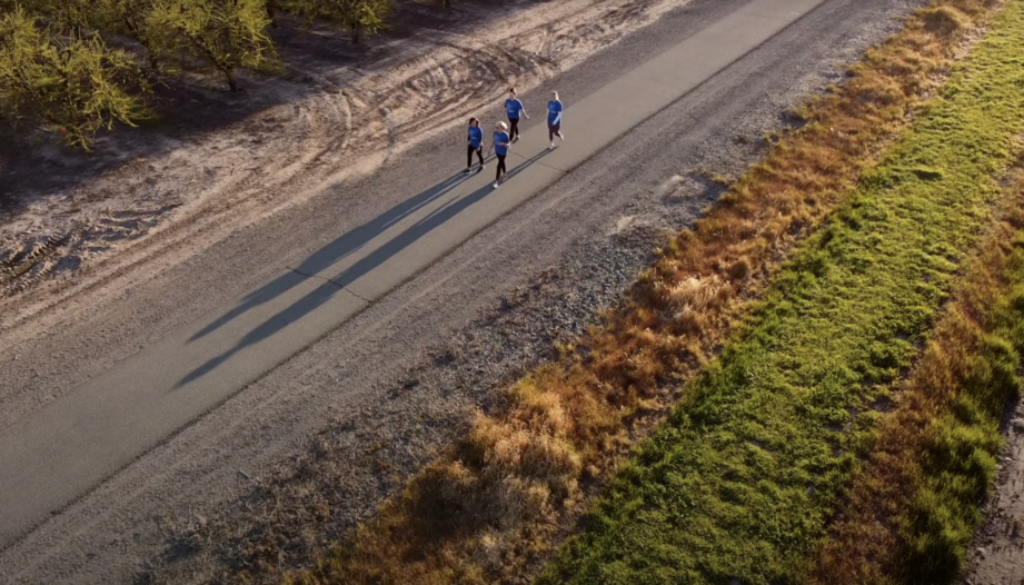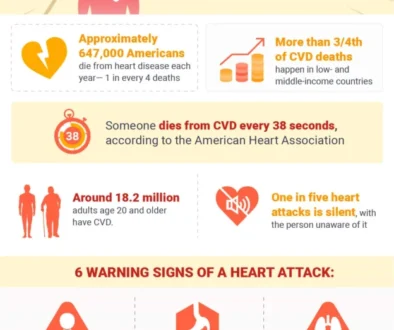What is a Walking Moai? (And How it Can Improve Your Health, Your Social Life, and Your Productivity)
*Read the original article here: https://www.bluezones.com/2023/06/what-is-a-walking-moai/
Have you ever considered recruiting a walking buddy (or a few) to keep you accountable with your movement regimen? Or complete each journey with a great conversation to make it more entertaining? Introducing Walking Moais. A Walking Moai comprises a group of 5-8 individuals who agree to meet weekly–for ten weeks–to walk and socialize.
The “moai” concept originates from the blue zones region of Okinawa, Japan. The term means “meeting for a common purpose,” which is most likely for shared hobbies or interests. Roughly half of Okinawans belong to a moai, where each member commits to supporting each other. Keep reading to discover the multitude of benefits.
The health benefits of a Walking Moai
In a 2020 study published in the Journal of Aging and Physical Activity, researchers evaluated the benefits of weekly walking with peers versus walking alone. The 16-week trial involved a cohort of adults aged 60 and up. According to the results, the “walking with peers” group improved more in motivation, functional capacity, body fat, physical activity, and walking self-efficacy than the “walking alone” group. Thus, science approves of the “Walking Moai” concept as a positive contributor to one’s physical and behavioral health.
How a Walking Moai can enhance your social life
Since the COVID-19 pandemic, researchers have placed more emphasis on loneliness and its link to serious conditions like depression, dementia, heart disease, and stroke. The encroaching loneliness epidemic has forced modern-day society to face the music regarding social isolation’s association with several public health concerns, the Centers for Disease Control and Prevention (CDC) revealed. Recent studies indicated that social isolation is linked to a 50 percent increased risk of dementia, a 29 percent increased risk of heart disease, and a 32 percent increased risk of stroke, according to the National Academies of Sciences, Engineering, and Medicine. Adults aged 50 and older are especially at risk since many face loneliness within this age group.
Fortunately, intentional social connection has the opposite effect. The CDC recently published follow-up research suggesting that connectedness can result in better health, improved well-being, and a longer life expectancy. The report further indicated that those who have stronger social bonds have a 50 percent increased likelihood of survival than individuals with fewer connections. There’s no better way to find a sense of belonging than over shared interests. Walking Moais present the perfect opportunity to connect with others and improve your social network as you enjoy its range of health benefits. According to this 2015 UK study, outdoor walking groups see reductions in blood pressure, total cholesterol, and risk of depression.
At Blue Zones Project, Walking Moai groups can range from colleague groups to common interest groups all coming together to walk together and connect. “I really believe in this project and its ability to bring people back together,” says Blue Zones Project Yuba-Sutter Executive Director Marni Sanders.
Walking Moais and how they improve productivity, mood, and creativity
People in the blue zones live active lives where they’re nudged to get up and walk or move around about every 20 minutes. They walk to their neighbors’ houses, through the fields, or up rocky mountain paths. They do housework and chores by hand, not automated robot vacuums. Research has validated that moving like the people in the blue zones can not only improve your physical health but also boost your productivity, mood, and creativity.
Spending 20 to 30 minutes walking outside can lower stress by 20 percent and just 10 minutescan deliver serious mood-boosting benefits. There’s also a study out of Standford University that suggests walking can increase creative thinking. Participants were able to produce 50 percent more ideas while walking vs. while sitting. Another reason to start a Walking Moai at work—walking meetings can help you brainstorm!
Safety Specialist Ashely Carr at Sunsweet Growers, part of the Blue Zones Project Yuba-Sutter Worksite program shares, “A lot of our groups, especially our leads, supervisors, and managers, actually get out and connect on their walks, which allows them to talk about life, family and have that community aspect while they’re getting their steps in, walking, and challenging each other…having a moment to step away from our day-to-day tasks.”
To learn more about Walking Moais and Blue Zones Project Yuba-Sutter, watch the full Walking Moai video below:



